270598
1,2-Dichlorobenzene
suitable for HPLC, 99%
About This Item
Produits recommandés
Densité de vapeur
5.1 (vs air)
Niveau de qualité
Pression de vapeur
1.2 mmHg ( 20 °C)
1.6 mmHg ( 35 °C)
Pureté
99%
Forme
liquid
Température d'inflammation spontanée
1198 °F
Produit purifié par
glass distillation
Limite d'explosivité
9.2 %
Technique(s)
HPLC: suitable
Impuretés
<0.020% water
Résidus d'évap.
<0.0005%
Indice de réfraction
n20/D 1.551 (lit.)
Point d'ébullition
178-180 °C (lit.)
Pf
−18-−17 °C (lit.)
Densité
1.306 g/mL at 25 °C (lit.)
λ
H2O reference
Absorption UV
λ: 296 nm Amax: 1.00
λ: 300 nm Amax: 0.30
λ: 305 nm Amax: 0.20
λ: 335 nm Amax: 0.05
λ: 375-400 nm Amax: 0.01
Chaîne SMILES
Clc1ccccc1Cl
InChI
1S/C6H4Cl2/c7-5-3-1-2-4-6(5)8/h1-4H
Clé InChI
RFFLAFLAYFXFSW-UHFFFAOYSA-N
Vous recherchez des produits similaires ? Visite Guide de comparaison des produits
Catégories apparentées
Application
- Microstructure regulation and enhanced VOC removal performance of carbon aerogels by surface carbon nanotube grown.: This study presents a new method to enhance the removal of volatile organic compounds, including 1,2-Dichlorobenzene, using surface-modified carbon aerogels (Cheng et al., 2024) (Cheng et al., 2024).
- Role of Electronegativity in Environmentally Persistent Free Radicals (EPFRs) Formation on ZnO.: This research investigates how surface chemistry affects the formation of persistent free radicals, including those from 1,2-Dichlorobenzene on zinc oxide surfaces (Ahmed et al., 2024) (Ahmed et al., 2024).
- Cu(I) Complexes Catalyzed the Dehydrogenation of N-Heterocycles.: This article discusses the application of copper(I) complexes in catalyzing the dehydrogenation of N-heterocycles, including reactions involving 1,2-Dichlorobenzene derivatives (Shen et al., 2024) (Shen et al., 2024).
- New Features of Laboratory-Generated EPFRs from 1,2-Dichlorobenzene (DCB) and 2-Monochlorophenol (MCP).: This publication explores the characteristics of laboratory-generated free radicals from 1,2-Dichlorobenzene, shedding light on its environmental impact and degradation processes (Khachatryan et al., 2024) (Khachatryan et al., 2024).
- Estimate of the C-Cl photoionization cross section and absolute photoionization cross sections of chlorinated organic compounds.: This study provides critical data on the photoionization properties of chlorinated organic compounds, including 1,2-Dichlorobenzene, which is important for understanding its behavior in atmospheric chemistry (Chen et al., 2024) (Chen et al., 2024).
Mention d'avertissement
Warning
Mentions de danger
Classification des risques
Acute Tox. 4 Inhalation - Acute Tox. 4 Oral - Aquatic Acute 1 - Aquatic Chronic 1 - Eye Irrit. 2 - Skin Irrit. 2 - Skin Sens. 1B - STOT SE 3
Organes cibles
Respiratory system
Code de la classe de stockage
6.1C - Combustible acute toxic Cat.3 / toxic compounds or compounds which causing chronic effects
Classe de danger pour l'eau (WGK)
WGK 2
Point d'éclair (°F)
150.8 °F - closed cup
Point d'éclair (°C)
66.0 °C - closed cup
Certificats d'analyse (COA)
Recherchez un Certificats d'analyse (COA) en saisissant le numéro de lot du produit. Les numéros de lot figurent sur l'étiquette du produit après les mots "Lot" ou "Batch".
Déjà en possession de ce produit ?
Retrouvez la documentation relative aux produits que vous avez récemment achetés dans la Bibliothèque de documents.
Les clients ont également consulté
Notre équipe de scientifiques dispose d'une expérience dans tous les secteurs de la recherche, notamment en sciences de la vie, science des matériaux, synthèse chimique, chromatographie, analyse et dans de nombreux autres domaines..
Contacter notre Service technique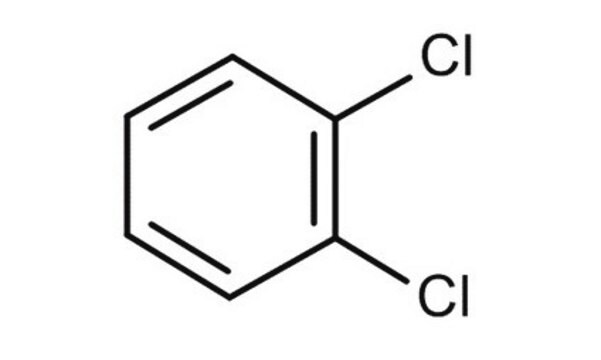
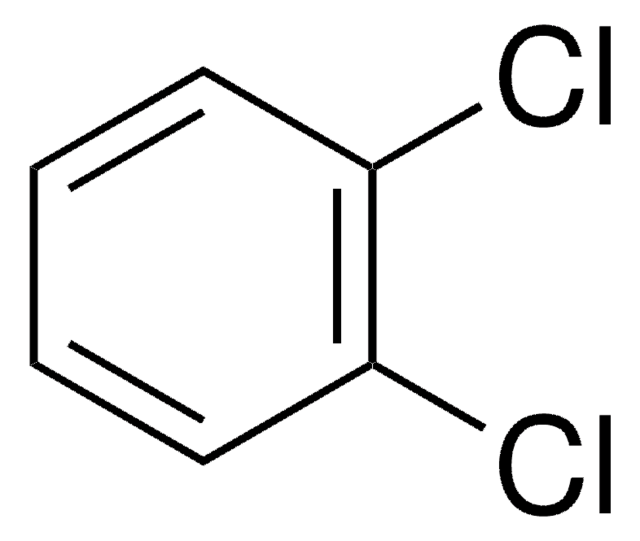

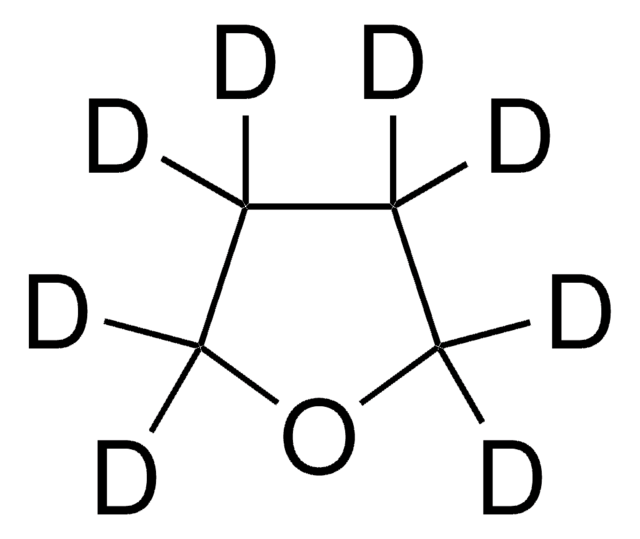

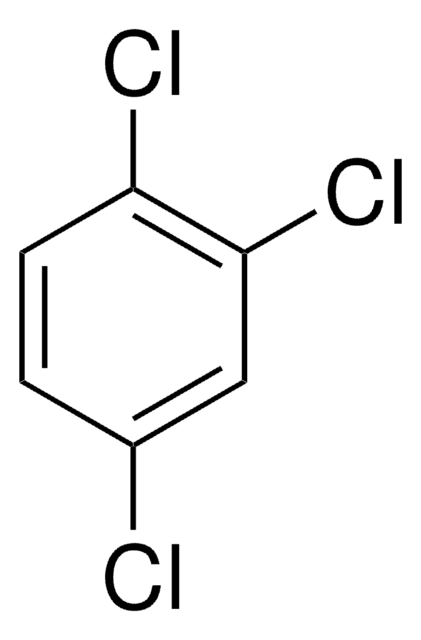


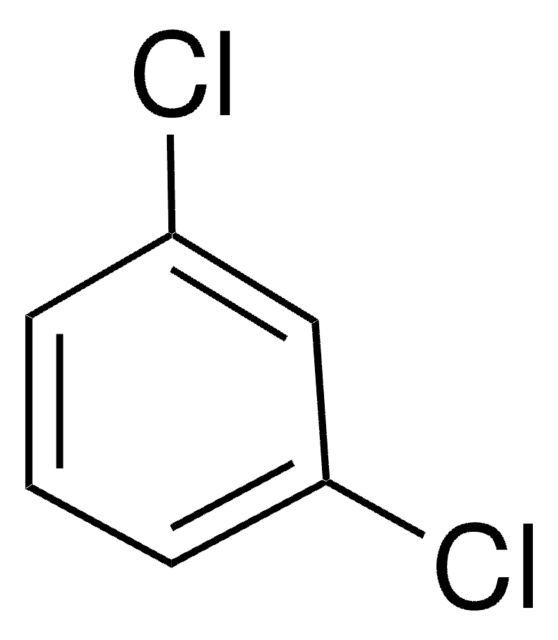
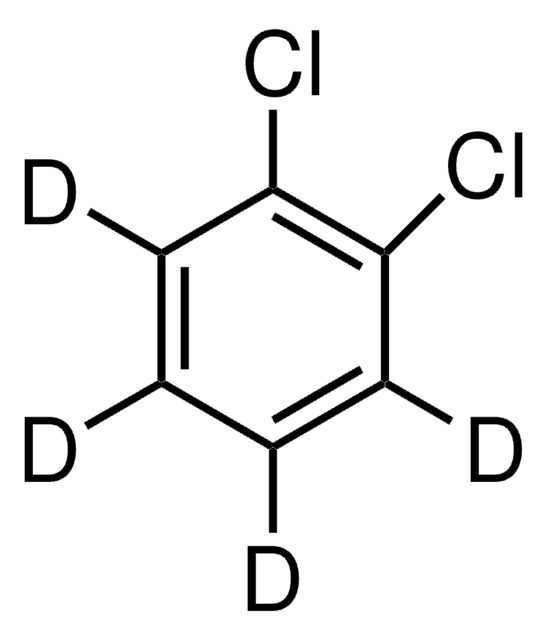
![N-[5-(Phenylamino)-2,4-pentadienylidene]aniline monohydrochloride 98%](/deepweb/assets/sigmaaldrich/product/structures/365/246/6dec3589-6c56-4b0a-a3ae-e8d5fbbd3f05/640/6dec3589-6c56-4b0a-a3ae-e8d5fbbd3f05.png)